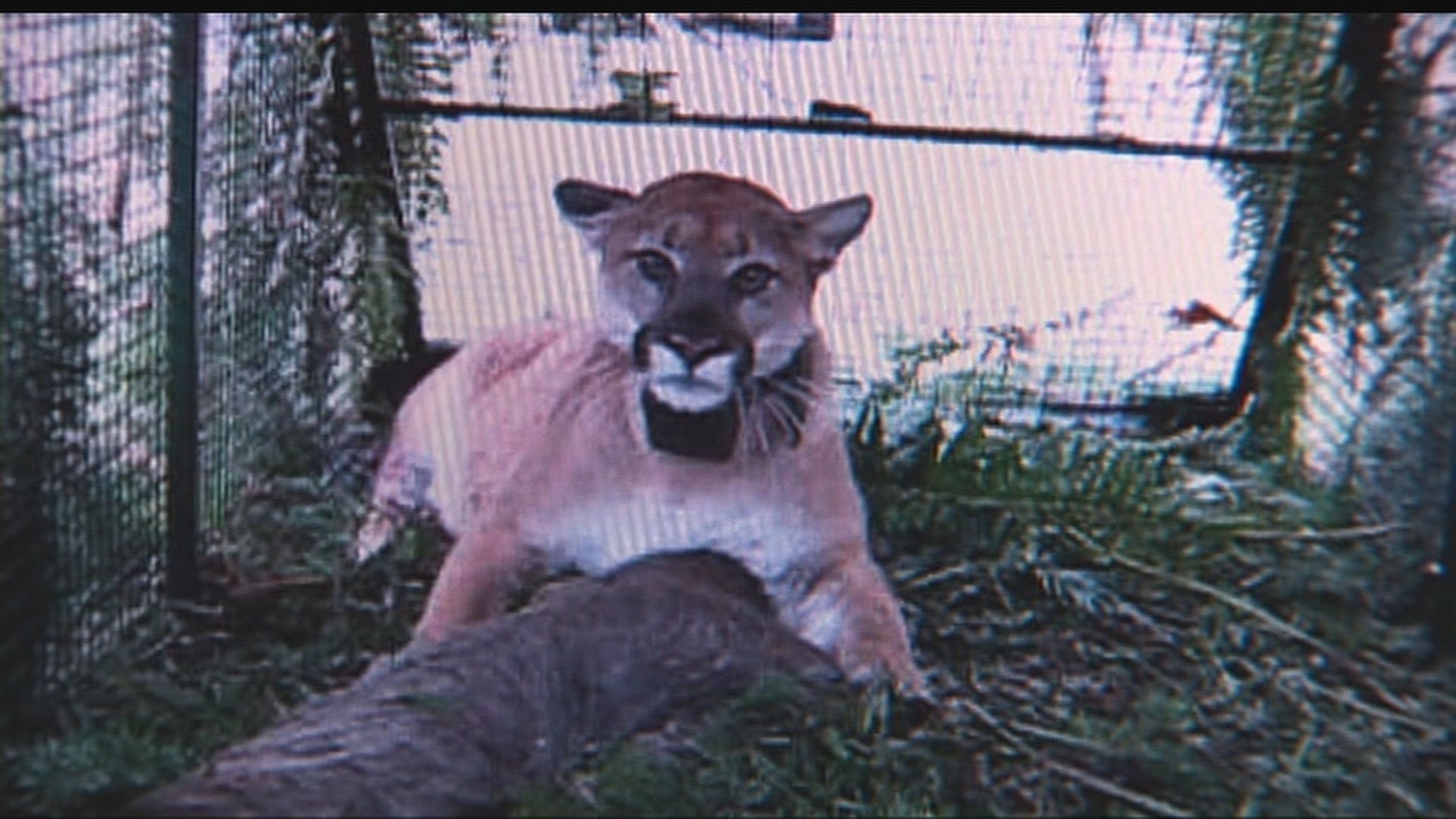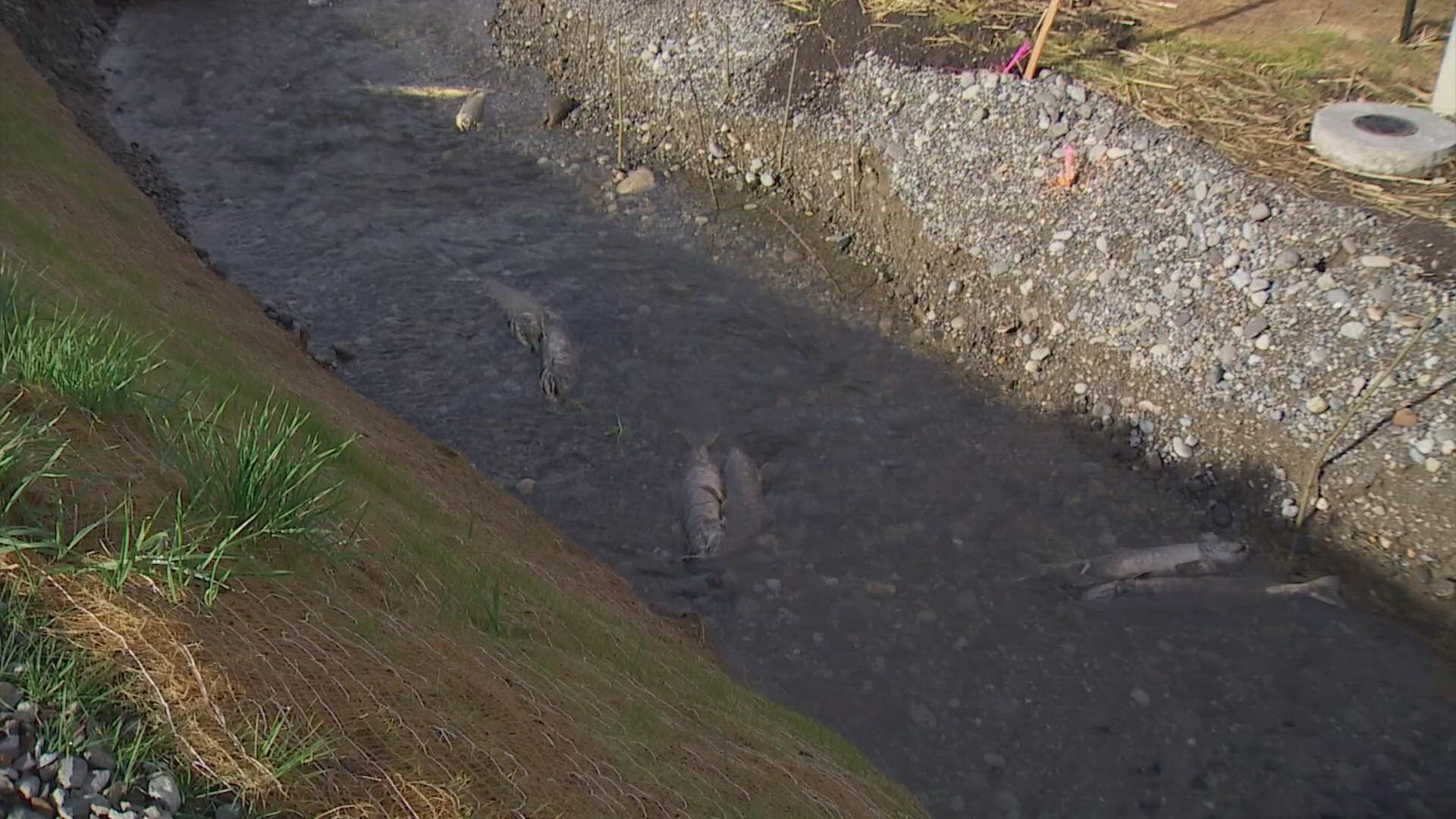Hunters in Washington have killed more cougars in the 2016-17 season than the state's science recommends. In some cases, the hunt has already killed more than twice as many cougars as the limit set by guidelines.
Game Management Units (GMU) are hunting zones in which biologists recommend hunters kill only 12-16 percent of the cougars estimated to live there. However, hunters exceeded those limits in many of the GMUs statewide.
For instance, guidelines recommend killing no more than five to six cougars in GMU 121 in southeast Stevens County, which is 12-16 percent of the estimated total population in that zone. Instead, hunters killed 13. Two more cougars died in unrelated incidents, bringing the total mortality to 15. That's 106 percent above the recommended limit.
In GMU 105, also in Stevens County, the recommended 12-16 percent adds up to two cougars. However, hunters killed five. That's 150 percent more than the recommended limit.
In combined GMUs 352, 356, 360, 364 and 368 near Mount Rainier, the 12-16 percent limit is five to seven cougars. Hunters killed 10. That's 43 percent more than the quota establishes.
At issue for conservationists is cougar behavior, and how cougars react when too many adults are killed at one time. Washington Department of Fish and Wildlife biologists spent a decade studying cougars to learn more about cat dynamics. Led by WDFW biologist Gary Koehler, the team learned that cougars regulate their own population size, as one male cougar protects a home range of 150 square miles. If too many adults are killed, however, the research showed that juveniles are thrown into social chaos, increasing conflict between cougars, humans and livestock.
In GMU 121, hunters killed six adult females and five adult males. Two other cougars were killed in unrelated incidents.
"A decade or more of scientific studies show that killing too many cougars leads to social chaos. Loss of a resident cougar opens a territory. Two or three younger cats will typically move in. They'll compete for the territory until only one remains. During this period, the chance for interactions with people, pets and livestock increases," said Bob McCoy, who's on the Board of Directors for the Mountain Lion Foundation.
McCoy and others are against cougar hunting altogether, citing the animals ability to self-regulate.
"They don't need to be managed," he said. "Cougars help to maintain healthy populations of deer, elk and smaller animals. For example, they remove deer with chronic wasting disease. By keeping deer populations healthy, cougars are believed to slow the spread of Lyme disease. Cougars also reduce auto collisions with deer, saving dozens of lives. Farmers and orchardists also benefit by having reduced crop damage."
Cougar hunting rules changed in 2013, around the same time wolf packs were the focus of mounting controversy. Some believe cougars are paying the price for wolves. Wolves are protected from hunting seasons, but cougars are not.
In 2012, the Wedge pack was lethally removed after killing livestock. A year later, the state changed the cougar hunt from a quota-based to a duration-based season. Prior to 2013, the state closed the season when the quota was reached. Every year since then, hunters have been allowed to kill an unlimited amount of cougars over a four-month period at the end of each year.
Related: Cougar hunting area openings and closures via WDFW
Ending the cougar hunt has become a passion for several Washington conservation groups, as California outlawed the practice more than 30 years ago.
Supporters of the hunt often point to conflict with the carnivores and cite a need to manage them.
"That's not supported by any type of science whatsoever," said Predator Defense Executive Director Brooks Fahy. "Hunting cougars is a source of revenue for the agency."
Predator Defense sued the state in 2015 to stop a decision by the Washington Fish and Wildlife Commission that would have nearly doubled the recommended cougar hunt quota. Governor Jay Inslee stepped in and challenged the decision, saying it was not made with proper public comment.
"Wildlife agencies need to become conservation agencies and stop representing just 5 percent of the public," Fahy said.


